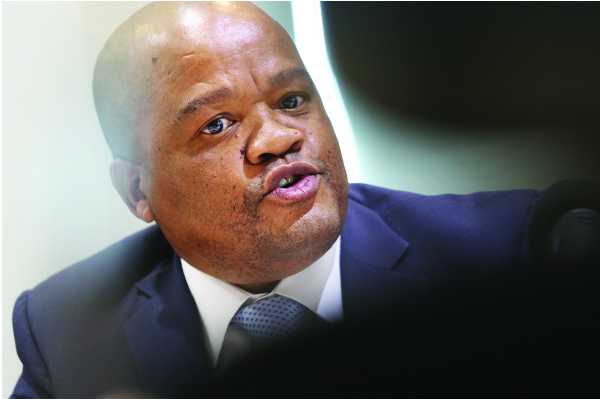StanChart back in the game
Standard Chartered Bank Botswana, the oldest bank in the country has announced that profit before tax for the year ended 31st December 2018 will be between 105% -109% (approximately P243million to P253million) higher than that reported for the comparative period ended 31 December 2017.
For the year ended December 2017 the Botswana Stock Exchange listed bank recorded a loss of P232 million. “The Board of Directors hereby announce that the Group’s profit before tax for the year ended 31 December 2018 will be between 105 percent to 109 percent higher than that reported in the comparative period ended December 2017,” reads the statement from the Board of Directors. The bank suffered declining income over the past years primarily due to impairments arising from the mining industry.
Presenting last year’s full year results, Standard Chartered Bank Botswana Chief Executive Officer, Mpho Masupe said that they are beginning to see green shoots which are indicating that the trajectory is good as the bank also continues to control its impairments. “We have also seen that credit growth hasn’t necessarily been growing as much as it should have.
We are seeing 6.8 percent in credit growth for the year, mostly from the household side,” says Masupe, adding that this is an area they are concerned about because it makes them a lot more cautious in terms of extending credit. The bank registered a three percent decline in overall assets, arising from the portfolio rebalancing and this happened only in two segments. The bank registered a five percent increase in the retail sector in terms of client assets.
According to the Bank of Botswana Monetary Policy 2019 statement, household credit continues to account for a larger proportion of credit at 60.2 percent of total bank credit as at December 2018. However, the level of non-performing loans to total credit remains modest at about five percent between December 2017 and December 2018. The central bank stated that household credit is concentrated in unsecured lending.
“A concern would arise in the event of high levels of borrowing that are out of line with trends in economic and personal income growth, which would amplify the risk or exposure of households and businesses to economic shocks and may adversely affect their ability to repay debt,” said the bank.






